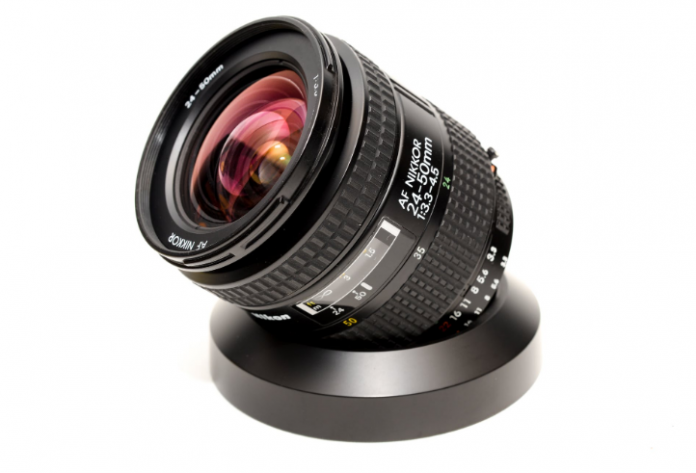The zoom effect in digital cameras is of two types: optical zoom and digital zoom. The optical zoom changes the focal length of the lens to magnify the image.
On the other hand, the digital zoom enlarges a part of the image and crops out the rest of it. The results are fuzzy and inferior to those of optical zoom.
Digital zoom is useful in shooting distant objects though the results may not be very good. The same effects can be produced later also with the help of image editing software like Photoshop.
Several digital cameras allow you to enlarge a section of the digital image. This reduces the utility of digital zoom.
If you enlarge a part of the digital image on your camera, you will lose the quality of the picture and cannot reverse the process.
If you don’t usually make prints bigger than 4 X 6 inches in size, the results of a digital zoom may be good enough for you.
However, it is always preferable to use optical zoom, if you can afford it. A digital camera with optical zoom is likely to cost much more than one that only has a digital zoom.
A camera which only has a digital zoom cannot be compared with one that has an optical zoom, even if the optical zoom has a much lower magnification than the digital zoom.
Most digital cameras have digital zoom and manufacturers mention this in a way that can confuse the buyer. If you get a digital camera with optical zoom, it will probably also have a digital zoom.
A 3X optical zoom is more or less standard now, though some digital cameras have a 10X optical zoom that is good enough for sports or nature photography.
The resolution of a digital camera in terms of megapixels determines the quality of the images that it produces.
A resolution of 4 megapixels is standard now, though 3 megapixels will also produce good images. It is more important to have a camera with a higher resolution, even if it does not have a very powerful zoom lens. The quality of your pictures depends on the resolution in megapixels.
Sony has introduced a different type of digital zoom that has been named Smart Zoom. It does not produce the degradation of image quality that is associated with the traditional digital zooms.
For example, if your digital camera has a resolution of 4 megapixels, you can opt to shoot a photo at 3 or fewer megapixels.
The Smart Zoom crops out pixels from the outside and leaves you with a smaller image. It does not enlarge the image like the traditional digital zooms did.
This can provide you with better image quality. Smart Zoom does have an advantage over traditional digital zoom but it is still not a replacement for optical zoom.
So, if you are buying a camera check the camera’s optical zoom. The higher the optical zoom, the better will be the reach of your camera.

